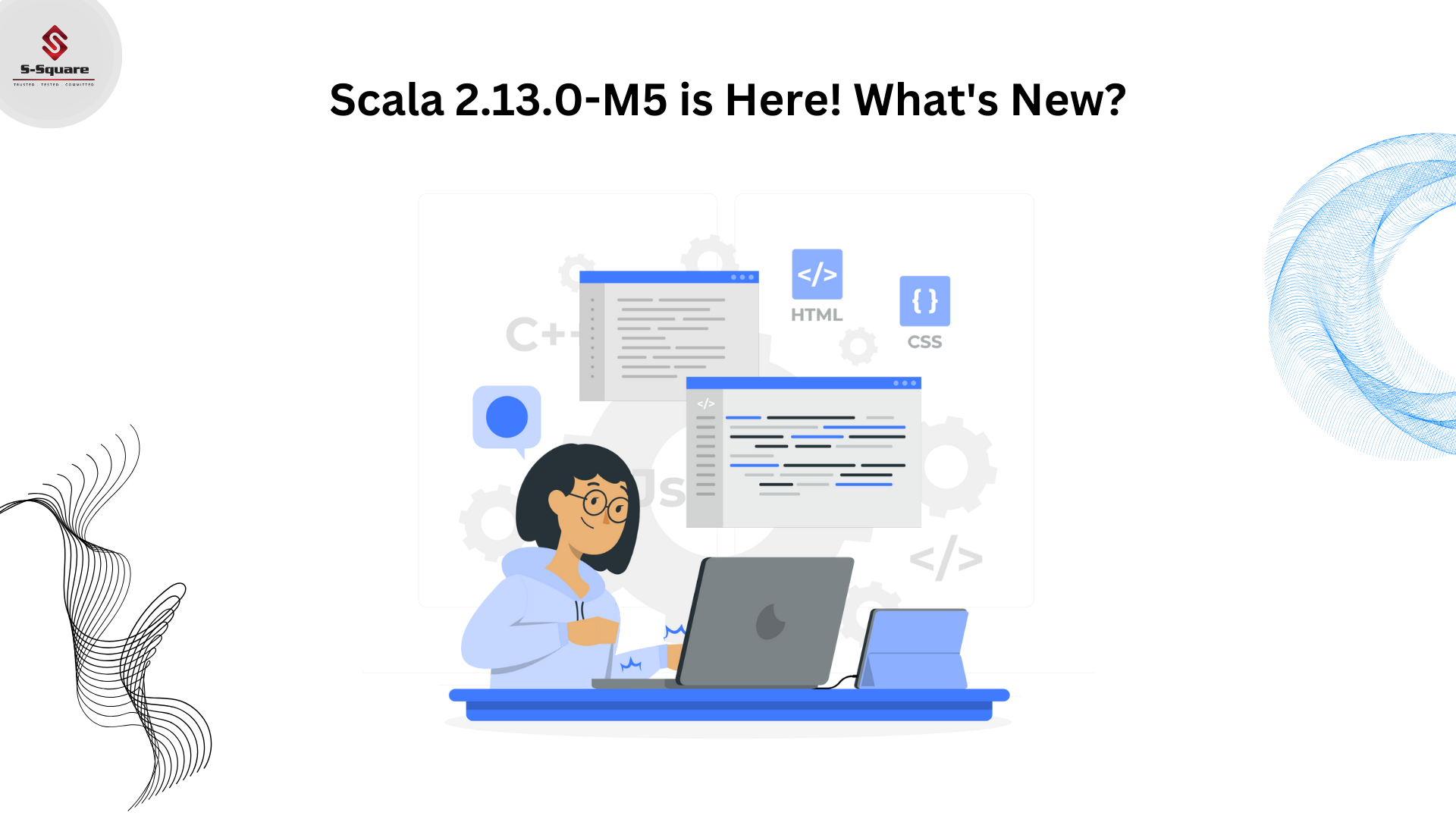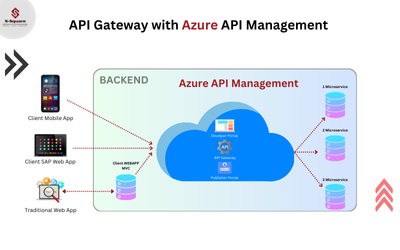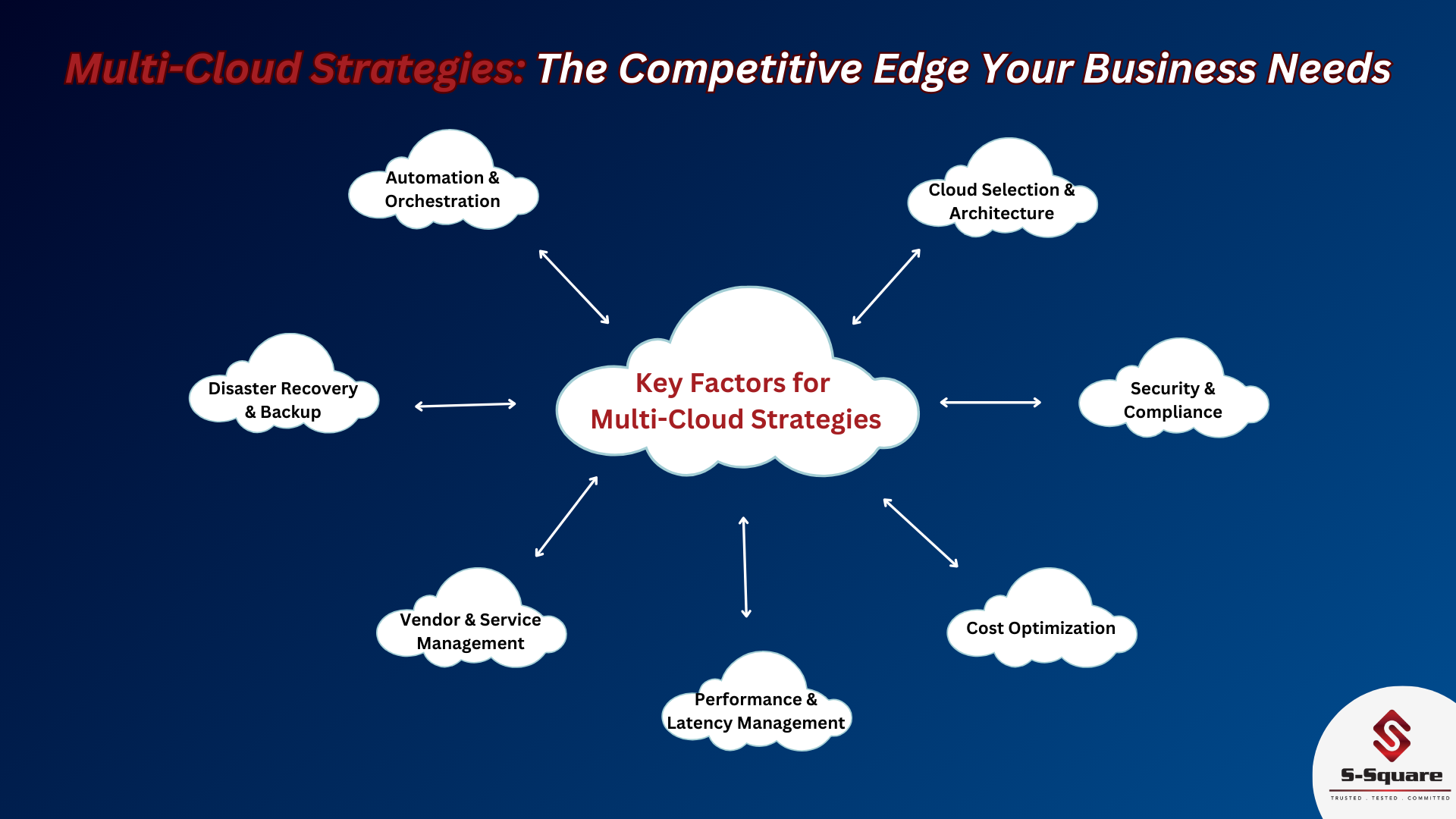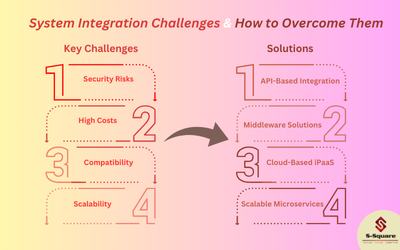
What is Scala Programming?
Scala is a high-level programming language which is a combination of object-oriented programming and functional programming. It is highly scalable which is why it is called Scala.
Scala is a modern multi-paradigm programming language designed to express common programming patterns in a concise, elegant, and type-safe way. It smoothly integrates features of object-oriented and functional languages.
The name Scala is the abbreviation of the term Scalable Language. Martin Oder sky and his group created the language in 2003 to provide a high-performance, concurrent-ready environment for functional programming and object-oriented programming on the java virtual machine (JVM) platform.
Scala is one of the new languages that is based on the Java Virtual Machine compatibility. It has a lot of similarities and differences as compared to the Java programming language. Scala is slowly finding a lot of acceptance among developers around the world due to its certain inherent strengths. One of the best resemblances of Scala to Java is that you can code Scala just the same way that you code Java. It is also possible to use a lot of the Java libraries within Scala along with many of the third-party libraries as well.
Why Scala and where it is used?
Why should I learn Scala Programming Language?” Let see why Scala is a beneficiary language to learn.
Scala is very versatile in the sense that it can be used for writing any type of applications like web application, desktop application, mobile application, enterprise application and so on.

Comparison Between Scala and Java
There is a simple question that every developer should know as to why should he go for it instead of Java? The following comparison will help you make your decision:
| Java | Scala |
|
Complex syntax Requires lengthy codes to be written. Rewriting is needed. Dynamic in nature No assurance of bug-free codes |
Simple syntax Shorter codes for the same purpose. Rewriting is not required. Statically-typed Assurance of Lesser defects |
Scala and Java are the two of the most important programming languages that have come our way. Though there are a lot of similarities between the two languages there are a lot of differences as well. So here we will delve into the aspects of Scala and Java and so what are the distinctions between the two and such other aspects. Java is a very old language and Scala is relatively new. The Scala language does need the Java Virtual Machine or JVM at the compilation stage in order to run the Scala programming applications that are supported by the JavaScript.
Compare, for example, this simple “Hello World!” program in Java vs. Scala:
Hello World in Java:
public class HelloJava {
public static void main (String [] args) {
System.out.println(“Hello World!”);
}
}
Hello World in Scala:
object HelloScala {
def main (args: Array [String]): Unit = {
println (“Hello World!”)
}
}
Scala Features:
Type Inference
Singleton Object
Immutability
Lazy Evaluation
Case Classes and Pattern Matching
Concurrency Control
String Interpolation
Higher-Order Functions
Traits
Rich Set of Collections
Functional
Object-Oriented
Statically-typed
Extensibility
Scala Runs on the JVM
Miscellaneous Features
Scope of Scala:
Since its inception, Scala has witnessed tremendous growth in its demand, which is forecasted to increase in the near future. Some of the statistics are mentioned below to support the aforementioned statement:
88% of developers use Scala, 22% use python, and 44% use Java for Spark programming.
With these growing numbers it can be claimed that Scala is one of the booming technologies in present scenario as major tech players are implementing it in their architecture. Despite struggling among the established languages like Java and Python, Scala has made its own niche delivering high-end productivity and performance over the years.


